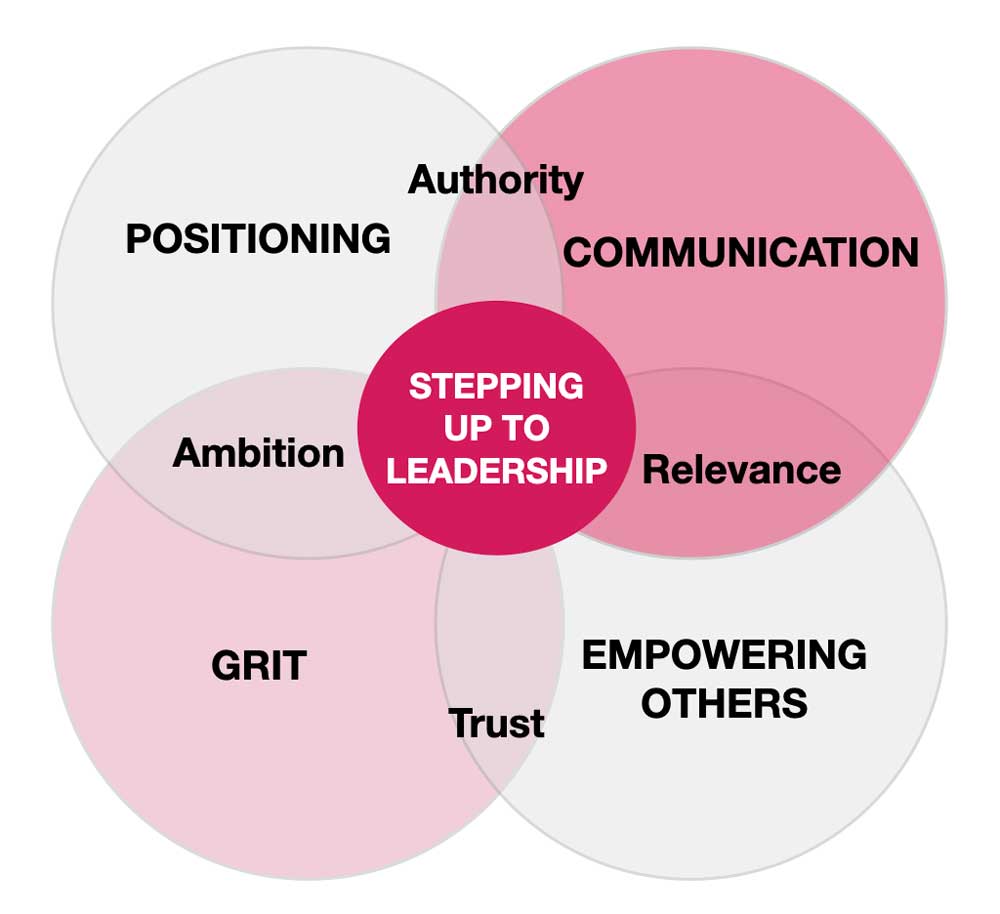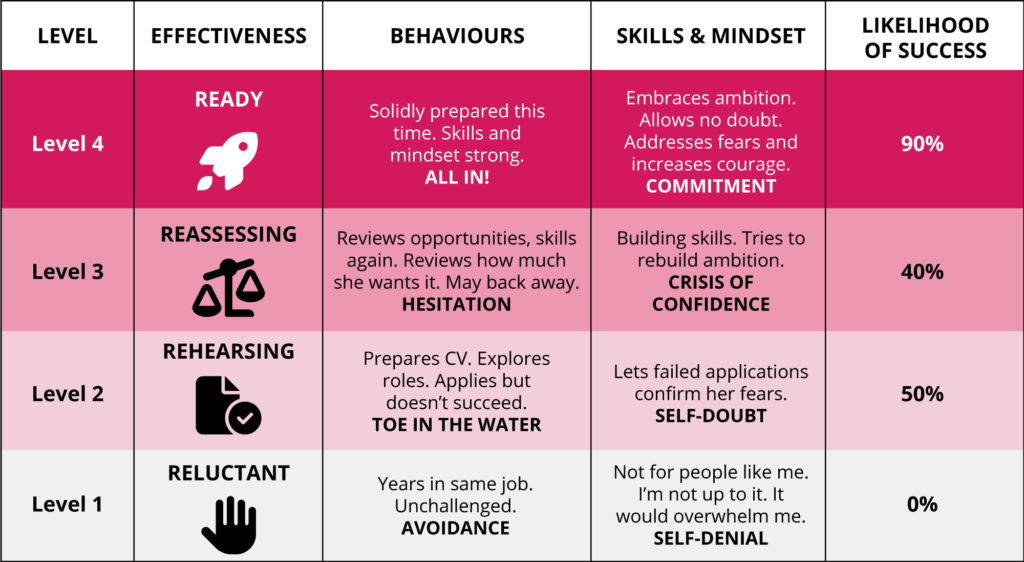Empowering Women in Business
Empowering Women in Business
The time has passed when we say women make just as good leaders as men
Leadership experts Jack Zenger and Joseph Folkman use 360 assessments to evaluate leadership effectiveness. Their studies show consistently that women are rated as more competent on almost every dimension of leadership.
But while they seem to perform better, they are less likely to be promoted into leadership positions.
So if women are great leaders, then what’s the problem?
There are two challenges:
- Getting women into those positions
- Helping them exercise their leadership skills when they get there
That’s what Sara’s work involves.
She works with prospective, new and experienced leaders to help them get the positions they deserve and excel when they’re in them.
Her work is split between working with women in organisations and working with others who are carving their own paths in the world.

Businesses badly need female leaders because the skills they bring deliver results.
But the women themselves often mistake the skills they need to get those jobs and succeed in them.
There are hurdles at various points of career development and, unfortunately, while men usually sail over them, women can face greater challenges. We need to be more prepared in the areas that matter and have greater courage to attempt the jumps. It’s not a level playing field, but by adding skills and courage women can achieve the positions and enjoy the recognition they deserve.
Why Low Women’s Leadership Numbers Create a Lose-Lose Situation
How Women Lose
Research suggests that when women are turned down for leadership roles, they are less likely than men to re-apply, hence reducing the pool of women for future positions.
There is a tendency to suspect the company was right and that we don’t merit the position.
As a result of not being promoted, we can:
- Lose self-belief
- Reduce engagement with work
- Redefine ourselves as ‘not leaders’
- Stagnate
How Companies Lose
Having gender diversity at a senior level is correlated with healthy company results, and a better future for all concerned.
Companies without women in leadership positions risk being:
- Less profitable
- Less invested in the development of staff
- Less likely to embrace change/innovation from within
- Have weaker decision-making

Getting Women into Leadership Positions
Women, more than men tend to believe that being good at your job alone will get you that leadership position you deserve.
But how well you do your current job is only part of the picture. If you have ever felt frustrated or puzzled that someone you regarded as under-qualified secured that leadership role, it may be because you misunderstand what is valued when companies choose leaders.
It’s sad but true that the meek don’t inherit the earth and the wallflowers don’t get recognised. According to Tomas Chamorro-Premuzic, when choosing leaders we tend to be more swayed by confidence than by competence.
And this is where women are at a particular disadvantage. Of course there are supremely confident women out there, but there are also women who are confident in their technical skills, but are less certain of their future success in business leadership roles. So they hold back, not wanting to seem pushy or boastful.
So what do women need to get those leadership positions?
Four things:

Positioning
As high performing school girls, we learnt some unhelpful habits when we strove to be perfect, to please others and not to draw attention to ourselves. Leadership means raising our heads above the parapet and then developing and executing a different vision from this higher perspective.
Our identities as leaders represent an evolved relationship with stakeholders and senior leadership, where we are valued for our business ideas as well as our specialist knowledge.
Communication
How we present ourselves in conversation, presentation and meetings says a lot about us. If we do it right we create trust and authority. This means examining behaviour as well as spoken language and understanding how to tailor it so others want to listen.
Empowering Others
If we want to be effective we have to work through others. This means stepping out of our teams and supporting others in the business, as well as empowering our teams through effective delegation so we can have space to grow.
Grit
Self-belief is gold and when we back ourselves we progress so much further, easier.
Grit includes the courage to face difficult situations, having hard conversations and acknowledging vulnerability and the need for compassion.
Grit gives us resilience and persistence and the determination to be recognised as the leader we are.
Managers control, Leaders empower.
We need to help women step into powerful, courageous, visionary leadership.

How Ready are you to Step Up or Step Out?

What level are you at and how does it feel to be there? What’s it stopping you doing?
How would it feel to be at Level 4?
What Clients are saying



Work with Sara
Coaching
Training
Speaking
Clients I’ve Worked with Include:









